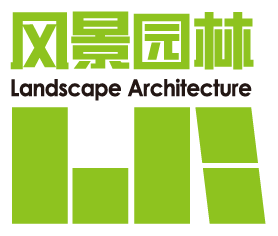Abstract:
Given the severe ecological degradation and biodiversity loss, China has successively introduced many policies related to ecological conservation and restoration, and implemented a series of projects such as Three-North Shelter Forest Construction, Farmland Returning to Forests and Grasslands, Comprehensive Land Consolidation, Integrated Conservation and Restoration of Mountains, Rivers, Forests, Farmlands, Lakes, Grasslands and Sandy Lands. Although the above actions have made remarkable achievements, there still exist a range of problems such as weak project systematicness, impertinent conservation and restoration measures, inadequate biodiversity improvement, discordant standards and unscientific management model. In combination with existing management requirements and the core contents of the IUCN Global Standard for Nature-based Solutions released by the International Union for Conservation of Nature (IUCN), this research, from the management perspective, clarifies main bottlenecks in the current ecological conservation and restoration in China and methods for achieving the “localization” of the standard above, and proposes the following management strategies from the three aspects of technology, capital and project management: 1) establish a standard system centering around the whole life cycle of ecological conservation and restoration projects; 2) establish a sound mechanism for input of social capital in the field of conservation and restoration; 3) optimize the project management mechanism from such aspects as improving project review, strengthening departmental cooperation, introducing adaptive management and ensuring effective public participation, in hope of providing reference for subsequent policy-making and management mechanism optimization in conservation and restoration.


 下载:
下载:
